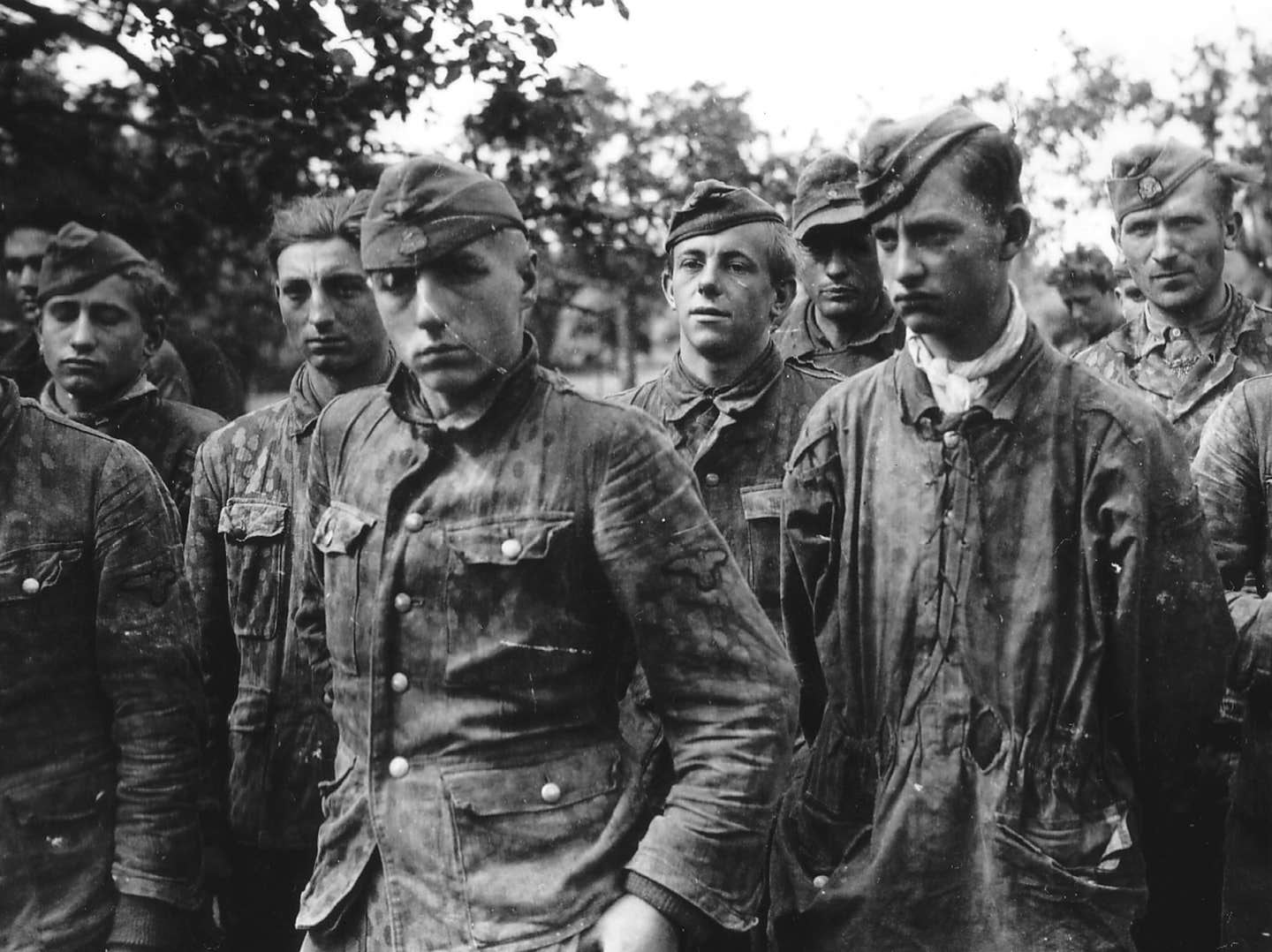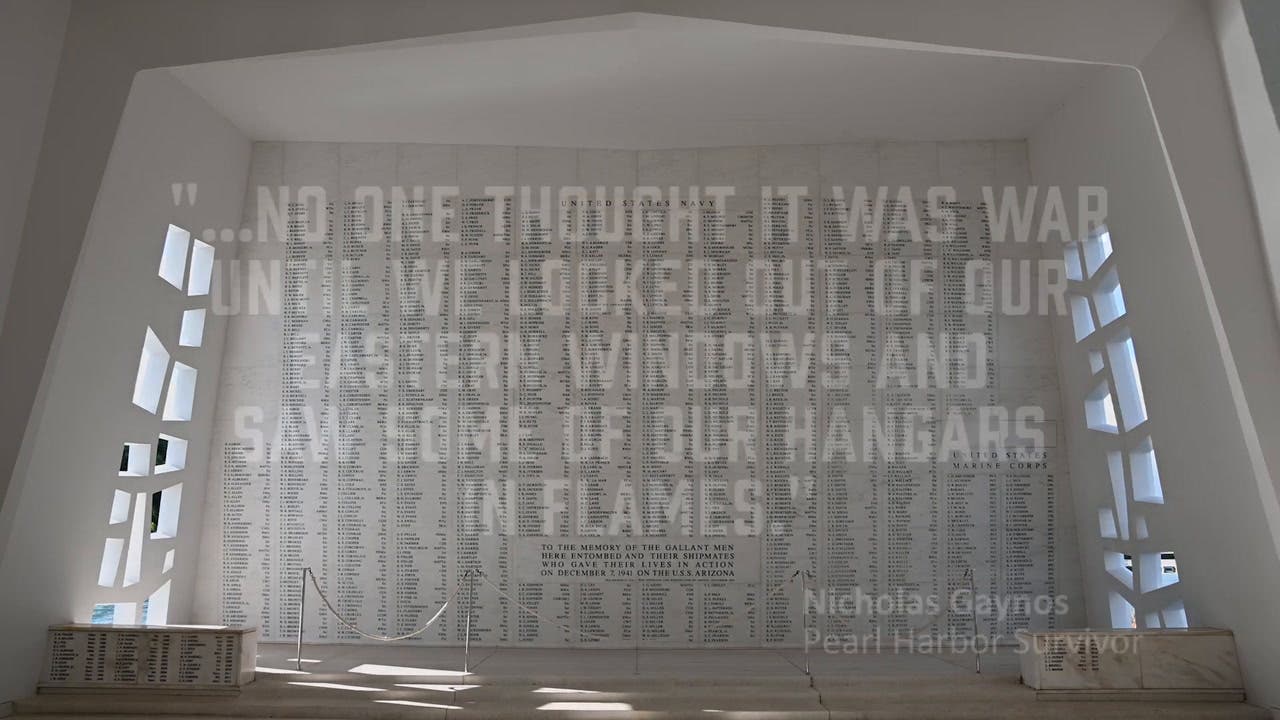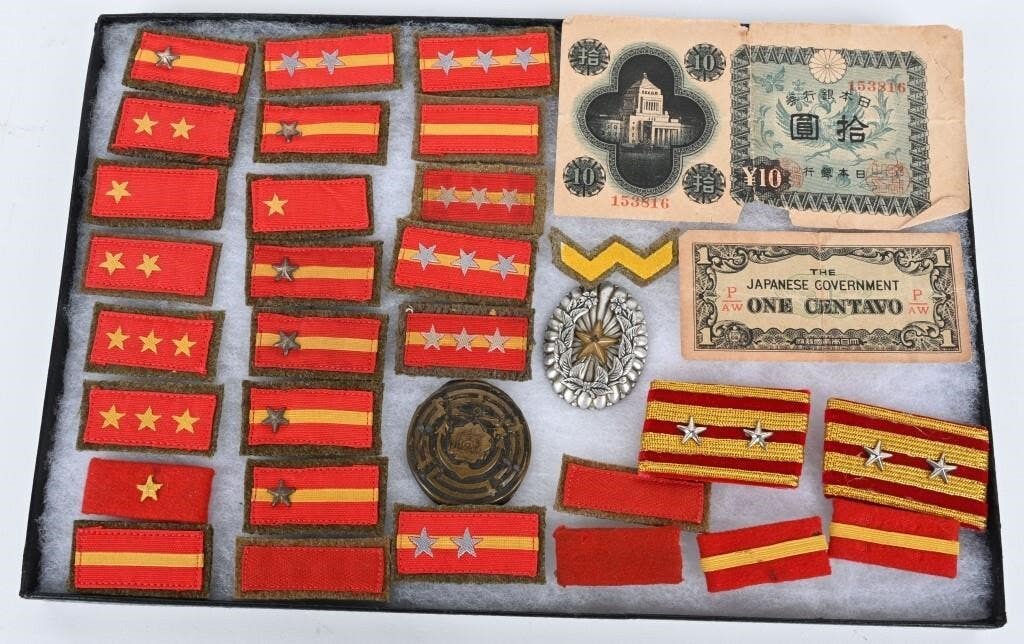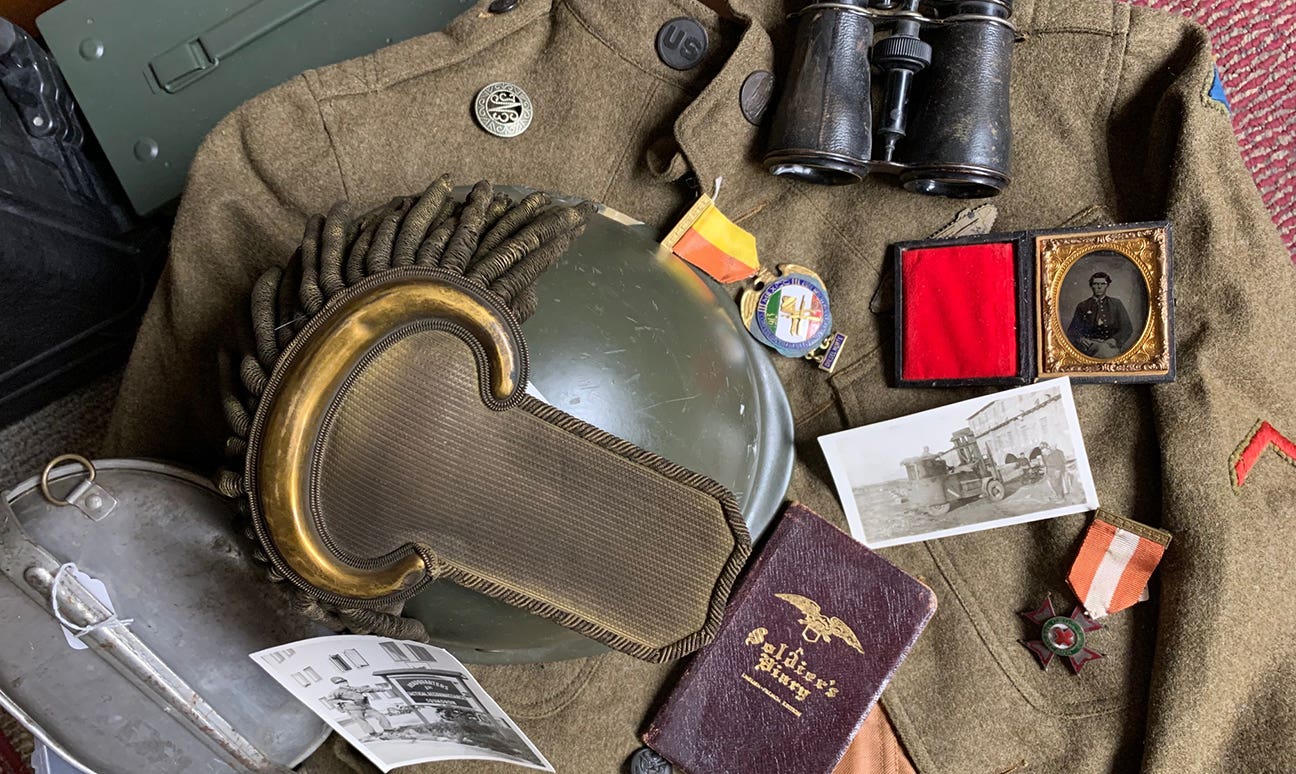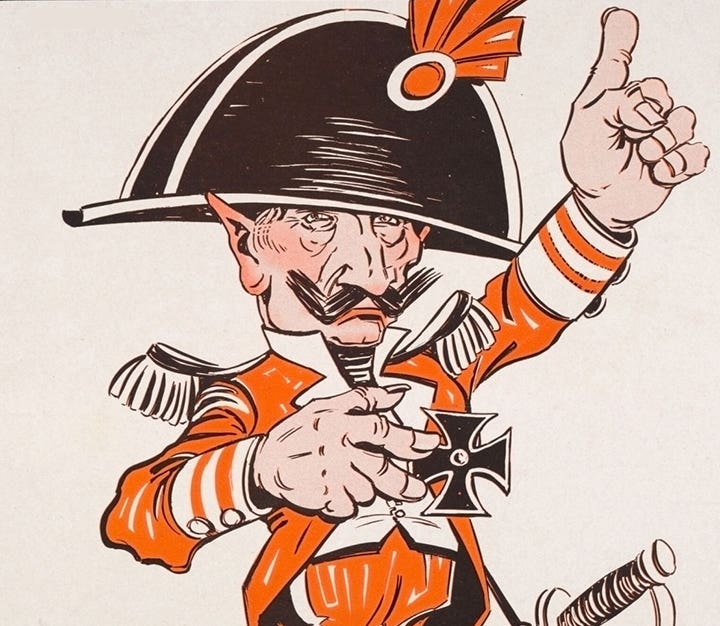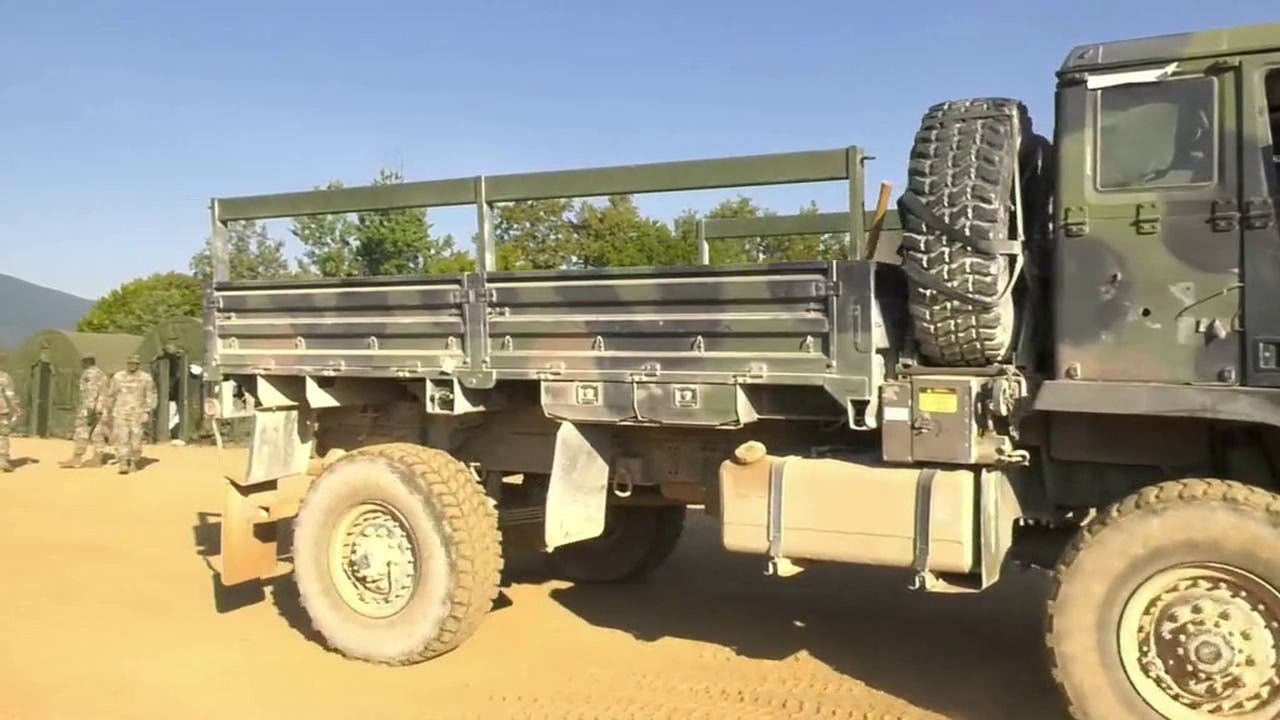Know the facts before crying ‘wolf!’
Most will remember the Aesop’s fable, “The Boy Who Cried Wolf.” The tale concerns a shepherd boy who repeatedly tricked nearby villagers into thinking a wolf is attacking his flock….
Most will remember the Aesop’s fable, “The Boy Who Cried Wolf.” The tale concerns a shepherd boy who repeatedly tricked nearby villagers into thinking a wolf is attacking his flock. When a wolf actually does appear, and the boy again calls for help, the villagers believe it is yet another false alarm. They ignore the call, and the wolf enjoys a hearty mutton dinner as he kills and and eats all the sheep. While the motivation may be different (or is it, really?), there is a new form of “crying wolf” that has spilled over into our hobby.
YOU DIDN'T EARN IT!
I hadn’t thought about the fable until recently when I witnessed a “Stolen Valor” call-out in public. I was attending the Military Vehicle Preservation Association’s International Convention in Topeka, KS, when I heard a small commotion in the hosting hotel’s bar. As I walked by, someone was “challenging” one of the Convention’s attendees as to whether he had “earned” the Combat Infantryman Badge pinned on the chest of his 1940s-era “Ike” jacket. I lingered long enough to hear an explanation that involved attending the Convention’s annual awards dinner (where attendees are encouraged to wear “period” uniforms). I walked away when I heard it quickly spin out of control. This was one fight I didn’t need to get into!
When I returned home after the Convention, I was going through the pile of emails and news stories that had amassed. Among the latter was a story out of Pennsylvania that had an eerily similar tone as the bar room valor confrontation: “A 75-year-old veteran falsely accused of "stolen valor" in Harrisburg…” the story began. It went on to describe how a Harrisburg, Penn. police officer wrongfully (and publicly) accused Robert D Ford, of Marysville, of being a "fake."
According to Ford, the officer approached him at ArtsFest on Memorial Day and asked him questions about his military service. A 22-year-old off duty Army soldier had complained to the officer about the Marine Corps "Dress Blues" Ford was wearing. Ford said he answered the officer's questions and the officer left, but returned a second time with more pointed questions. Fed up, Ford said he told the officer to leave him alone and eventually used an expletive. But the officer, and the Army soldier in civilian clothes, continued to follow Ford through the crowd, yelling that "He's never been in the Marines!" according to Ford and a witness interviewed by PennLive, that reported the story.
The upshot of the story? Ford served in the Marines from 1958 until 1964, when he was honorably discharged. There was no “stolen valor.” Just a false accusation. Wolf-1, Veterans-0.
In a June interview with the Washington Post, Doug Sterner, who created the Home of Heroes database of military awards and recipients, says this sort of behavior has been increasing: People taking it upon themselves to "bust" phonies. “There is a vigilante mentality right now in a lot of these veterans circles which is leading to — I just call it what it is,” Sterner is quoted in the Post, “before calling it bullying.”
CLOUDY LINES
My Dad never cared much for my intense desire to become a reenactor when I was kid. Begrudgingly, he allowed me to join a Civil War cavalry unit that soon switched to World War I when the group came into a large amount of surplus uniforms. Picking me up after an event, Dad suggested we stop at a McDonalds for lunch. Being 13 years old, I immediately became self-conscious. I was wearing a pair of khaki cotton jodphurs with leggings and a large, olive drab, flannel shirt. Delaying my exit from the family Chysler, I untucked my shirt, rolled the sleeves, kicked off the leggings and messed up my hair. It was the late 1970s in Wisconsin—I figured I would look like a hippie or beatnik rather than a geeky kid dressed in “army clothes.”
I got out of the car and hustled up to were Dad was waiting. He stepped in front of me, blocking my entrance. “Tuck in that damned shirt and comb your hair,” he sternly announced. “If you are going to wear my Army’s uniform, you are going to do it with the dignity it deserves.”
I was mortified…on a couple of levels. Superficially, I was certain the entire parking lot heard Dad admonish me. On a deeper level, though, I knew he was right—and I had seriously disappointed him. If anyone ever “misused” or “stole” valor from those who served the Nation, I was guilty of it at the ripe age of 13.
But therein, is the struggle that our hobby faces: When is wearing the uniform, medals, and insignia, paying tribute or dishonoring veterans? Society has, for the most part, warmly welcomed reenactors, viewing them as “educators” and “preservers” of the past. And yet, there are incidents like the one I witnessed at the MVPA convention. As it turned out, the kid was wearing a relative’s actual uniform as a form of personal tribute. Regardless, someone felt it was incumbent to bully the kid, regardless of motivation.
I wonder if the lines really are that cloudy. Could the answer to all this be as simple as respecting each other’s right to do whatever they want? When someone thinks they have the right to confront someone else on how they dress or look, I become extremely nervous about a possible collapse of understanding about personal liberty.
Look, I really hesitate to write about something as unanswerable as the concept of “stolen valor.” But, there are some clear-cut facts: In 2012, the Supreme Court struck down the Stolen Valor Act, which made lying about military honors a crime. It was replaced with the Stolen Valor Act of 2013, which makes it illegal to “obtain money, property, or other tangible benefit” from military awards. I think that is pretty clear, and yet, there are still those who cry, “Stolen Valor
I couldn’t believe it, then, when this sort of "wolf crying" has entered the current presidential campaign, as well. This past weekend, Military.com ran a story about a Republican candidate titled, “Is Ben Carson Guilty of Stolen Valor?” The story revolves around a claim that Carson shared in his biography about being offered a scholarship to West Point. I don't really care about the authenticity of Carson's claim. What really concerns me is the blatant calling out by Military.com. Clearly, the site has no clue as to what “Stolen Valor” is (though I understand their implication). To use the legally-charged term, “Stolen Valor,” is just plain sloppy, mud-slinging. They might as well have titled their story, “Is Ben Carson guilty of Gerbil Stuffing and Santa Slaying?” Sensationalism at the expense of real valor is pretty vulgar—no matter who commits it. Wolf-2, Veterans-0.
So here is my goal with writing about such a politically-charged hot potato: I want all of you, my readers and friends, to be equipped with the information to protect valor (and personal liberty to express one’s self). I will repeat it in order to reinforce your personal understanding of ���Stolen Valor” as defined by the law. The Act makes it "illegal to obtain money, property or other tangible benefit” from wearing or making claims of receipt of military awards.
A reenactor sitting in the bar wearing a CIB sharing a drink with “General Patton and Ike:” NOT stolen valor.
A kid running around in a WWI uniform with his shirt untucked and hair messed up: NOT stolen valor (but potential huge disappointment to his Dad).
A person accepting money to speak at a conference as a Medal of Honor recipient but never received the award: THIS IS "stolen valor"— in the eyes of the law.
An old guy wearing a uniform that he was issued 40 years earlier—NOT stolen valor—and anyone who calls him out on it is a disgrace to the traditions the uniform represents.
The moral of “The Boy who Cried Wolf” was pretty simple. Even if the little boy who lied did eventually tell the truth, no one would believe him. The little boy had sacrificed the lives of his sheep just to feel like a “hero” for a moment while he got people to respond to his cries.
People who cry “Stolen Valor” without knowing the facts sacrifice so much more—the dignity and honor of all of those who have served. Let's even the score.
Preserve the memories,
John Adams-Graf
Editor, Military Trader and Military Vehicles Magazine
A summary of the Stolen Valor Act of 2013 is available HERE
John Adams-Graf ("JAG" to most) is the editor of Military Trader and Military Vehicles Magazine. He has been a military collector for his entire life. The son of a WWII veteran, his writings carry many lessons from the Greatest Generation. JAG has authored several books, including multiple editions of Warman's WWII Collectibles, Civil War Collectibles, and the Standard Catalog of Civil War Firearms. He is a passionate shooter, wood-splitter, kayaker, and WWI AEF Tank Corps collector.



